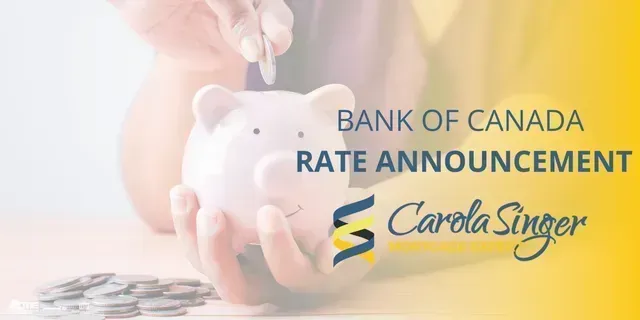Maternity/Parental Leave, and Qualifying for a Mortgage
So your family is growing! Congratulations!
If you’ve thought now is the time to find a new property to accommodate your growing family, but you’re unsure how your maternity or parental leave will impact your ability to get a mortgage, you’ve come to the right place!
Here’s the skinny. It won’t be a problem to qualify your income on a mortgage application, as long as you have documentation proving that you have a guaranteed position to return to.
While taking parental/maternity leave, if you walk into your local bank to get qualified, there is a chance they will only allow you to use the income you are currently receiving to qualify for a mortgage (55% of your income up to $562/week). This means you will qualify for significantly less, as your income is a fraction of what it is when you’re working.
The advantage of working with a mortgage broker is that you have a choice between mortgage products and institutions. This includes lenders who will use 100% of your return to work income. To do this, you need an employment letter from your employer that states the following:
- Your employer’s name
- Your position
- Your initial start date
- Your return to work date
- Your salary
From there, you might also need to provide a history of income, but that is typical to mortgage financing.
What you decide to do; whether you return to work after your parental/maternity leave or not, is entirely up to you. However, for a lender to feel confident in your ability to cover your mortgage payments while qualifying, you will need to have a position waiting for you once your leave is over, and the letter to prove it.
If you have any questions about this or anything else mortgage qualification related, please don’t hesitate to contact me anytime!






